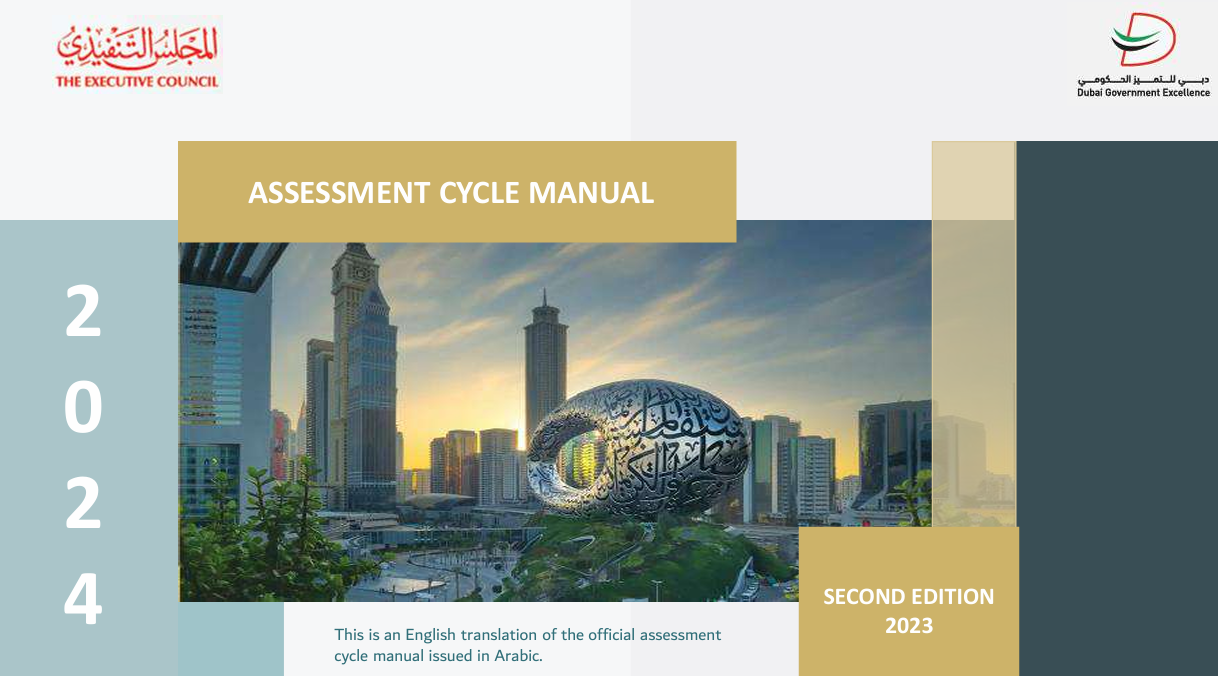China's New Pilot Program: A Strategic Move to Unlock Insurance Fund Potential with Gold Investments
On February 7, 2025, the National Financial Regulatory Administration (NFRA) of China unveiled a groundbreaking pilot program designed to allow select insurance companies to invest in gold as part of their medium- to long-term asset allocation strategies. This initiative marks a significant shift in the way insurance funds can be leveraged, opening up new opportunities for enhancing asset-liability management and optimizing insurance portfolio structures.
////
Expanding Investment Horizons: The Basics of the New Pilot Program
ONE

Under this new directive, participating insurance firms can explore a range of gold investment avenues, each tailored to different aspects of financial management. The scope of this pilot encompasses several specific gold investment vehicles, including:
-
Spot contracts for gold traded on the Shanghai Gold Exchange (SGE),
-
Deferred delivery contracts for gold,
-
Centralized pricing agreements for gold,
-
Spot inquiry contracts for gold trading,
-
Gold swap contracts, and
-
Gold leasing operations.
By diversifying into these gold-based instruments, the program is designed not only to broaden the channels through which insurance funds are deployed but also to strengthen risk management practices and improve asset allocation frameworks within China's insurance sector.
////
Ten Key Participants and Their Role in the Pilot
TWO

The NFRA has identified 10 leading insurance firms to take part in the pilot program. These include some of the most prominent names in China's insurance market:
-
China People's Property Insurance Co., Ltd.
-
China Life Insurance Co., Ltd.
-
Taiping Life Insurance Co., Ltd.
-
China Export & Credit Insurance Corporation (Sinosure)
-
Ping An Property & Casualty Insurance Co., Ltd.
-
Ping An Life Insurance Co., Ltd.
-
China Pacific Property Insurance Co., Ltd.
-
China Pacific Life Insurance Co., Ltd.
-
Taikang Life Insurance Co., Ltd.
-
New China Life Insurance Co., Ltd.
These insurers will serve as the pilot's testing ground, exploring how gold investments can be integrated into their broader strategies for managing long-term assets and liabilities.
////
Regulatory Oversight: Guarding Against Market Disruptions
THREE
The new policy also introduces stringent regulations designed to ensure that the investments are managed prudently and with full adherence to established risk management protocols. The NFRA’s directives specify the following key elements for participating insurers:
-
Approval and Decision-Making Processes: Each insurance company must follow a thorough decision-making process and ensure that appropriate staffing and investment management systems are in place.
-
Risk and Capital Management: Investments in gold must be flexible, involving large-scale transactions, inquiry-based trades, and competitive bidding to gradually build positions. This approach is designed to avoid sudden market disruptions.
-
Asset Management Restrictions: The investments should be backed by liquid funds, excluding physical gold storage transactions. Insurance companies are specifically prohibited from engaging in speculative or arbitrage trading.
Moreover, insurance companies must be cautious when dealing with deferred gold contracts, ensuring they are used for risk management or strategic asset allocation rather than speculative purposes.
////
Ensuring Long-Term Stability: The Broader Implications
FOUR
This initiative is more than just a financial maneuver—it reflects China's ongoing reform efforts aimed at optimizing financial markets and supporting the healthy development of the insurance industry. By integrating gold into investment strategies, insurers will potentially enhance their risk mitigation abilities, which is especially relevant in a time of global financial uncertainty.
Furthermore, the program could attract the interest of international investors who are keen on understanding China's evolving regulatory environment and the opportunities it presents for long-term capital management. For foreign financial professionals, the inclusion of gold as an asset class could have significant implications for investment strategies in the region.
////
What's Next: A Step Toward Broader Reform?
FIVE
While the pilot program is still in its early stages, it could have profound long-term effects on both the domestic insurance market and international financial markets. By expanding investment options for insurance funds, China is positioning itself as a key player in the evolving landscape of global asset management.
For international business professionals, especially those in banking, investment, and risk management, understanding this shift could offer valuable insights into how insurance funds may evolve in the coming years. The program’s potential to optimize risk management and asset allocation could inspire similar moves in other jurisdictions, making it a noteworthy development for those engaged in global insurance and investment strategies.
This pilot program could, in the end, serve as a model for other financial markets seeking to innovate and adapt in the face of new global challenges. As China continues to enhance its financial infrastructure, international businesses will need to stay informed to capitalize on emerging opportunities.





















































First, please LoginComment After ~